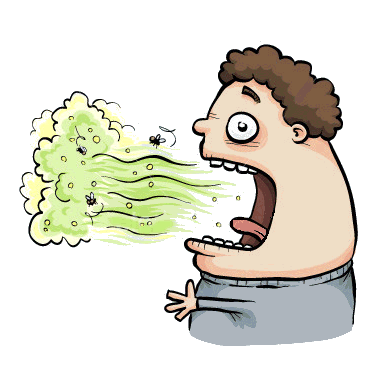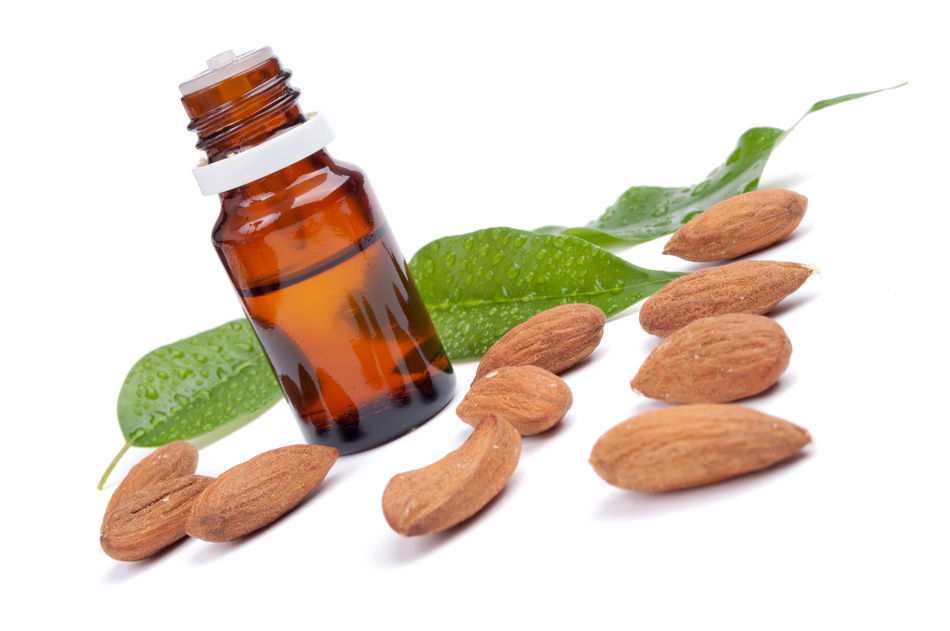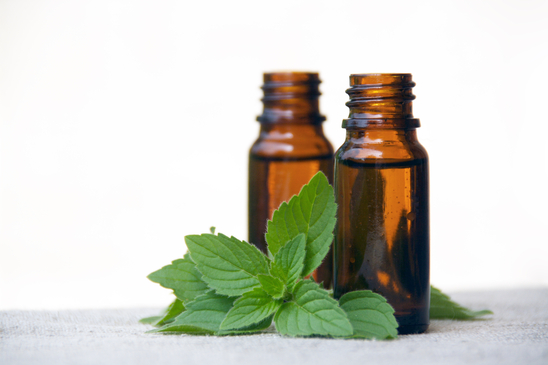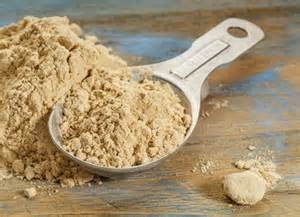Can Morning Breath Be Prevented?
Morning breath can be unpleasant and it probably isn’t the way you want to greet your partner, or anyone else for that matter. When you sleep, your mouth dries out from a decrease in salivary flow and odor-producing bacteria proliferate. Our brain knows we are not eating. That’s why your breath can be worse in the morning.
Some medications can cause your mouth to become dry overnight, worsening your halitosis. That’s why older people, who are often on many medications, frequently find their breath more unpleasant in the morning.
Smokers also may find they have bad morning breath. Smoking not only causes your saliva — your natural mouth rinse — to dry up but also can raise the temperature of your mouth, making it a breeding ground for that dreaded bacteria that causes bad breath.
Allergies, too, can lead to bad breath. Bad breath not only indicates that you are not digesting food well resulting in food allergies but the mucus that drips down the back of your throat can become a food source for bacteria in seasonal allergies. Should your postnasal drip become infected, it can put more odor-causing bacteria in your mouth.
For those of us who are snorers or mouth breathers makes for a very dry environment on the tongue, within our oral cavity and in the throat (the breeding grounds of the anaerobic sulfur-producing bacteria).
To get rid of morning breath, brush your teeth often in the morning and right before bed, as well as after every meal. Run the bristles of your brush over your tongue as well. Flossing reaches in between teeth where a toothbrush cannot, allowing you to remove food that would otherwise remain stuck there for bacteria to feed and grow on. Mouthwash can also reach areas of your mouth that a toothbrush cannot. Regular dental checkups are an important part of any good oral hygiene routine. Consume a healthy balanced diet. Stay hydrated since bacteria can flourish in dry, stagnate environments. Chewing sugarless gum twenty minutes after you eat may help with saliva flow.

















